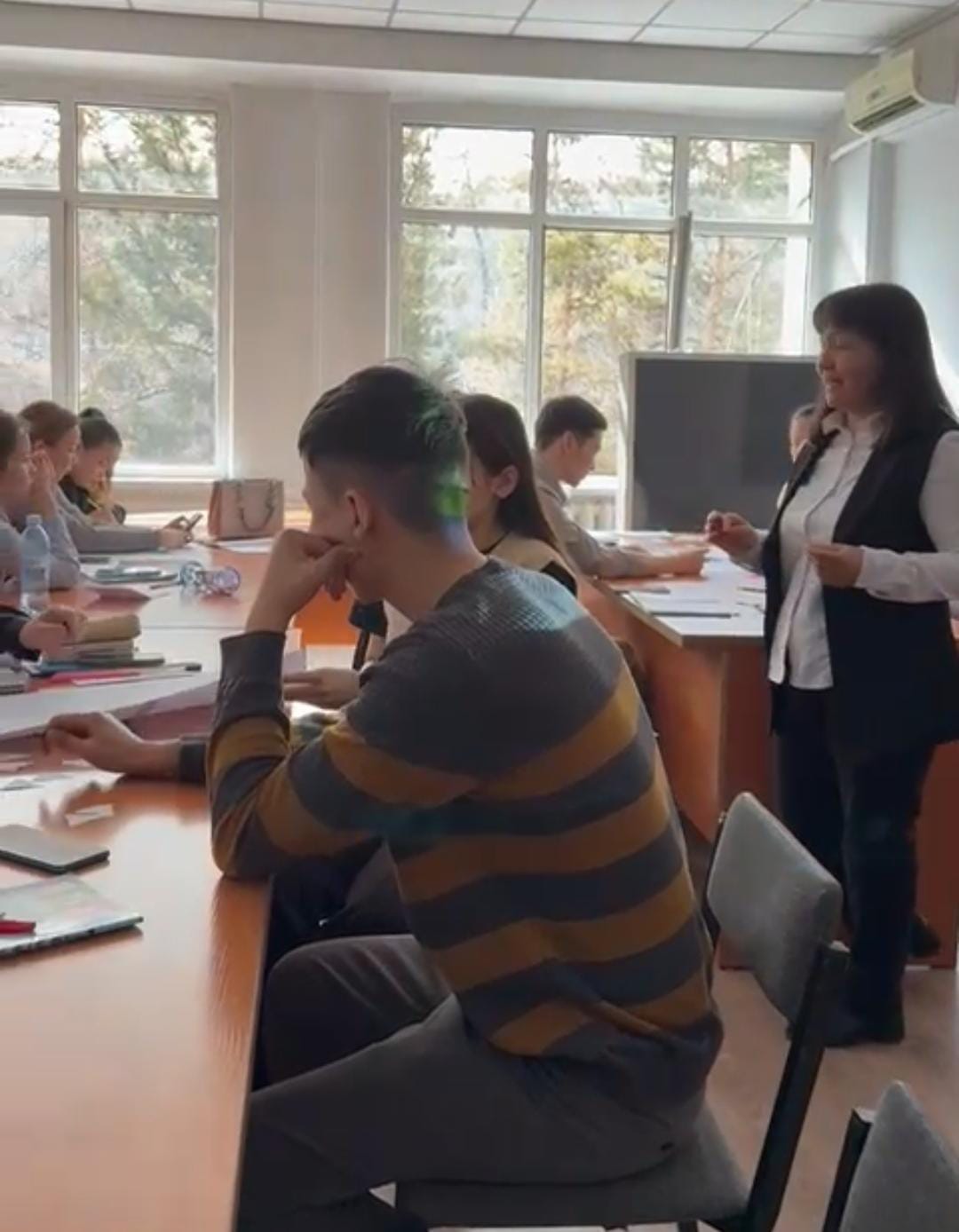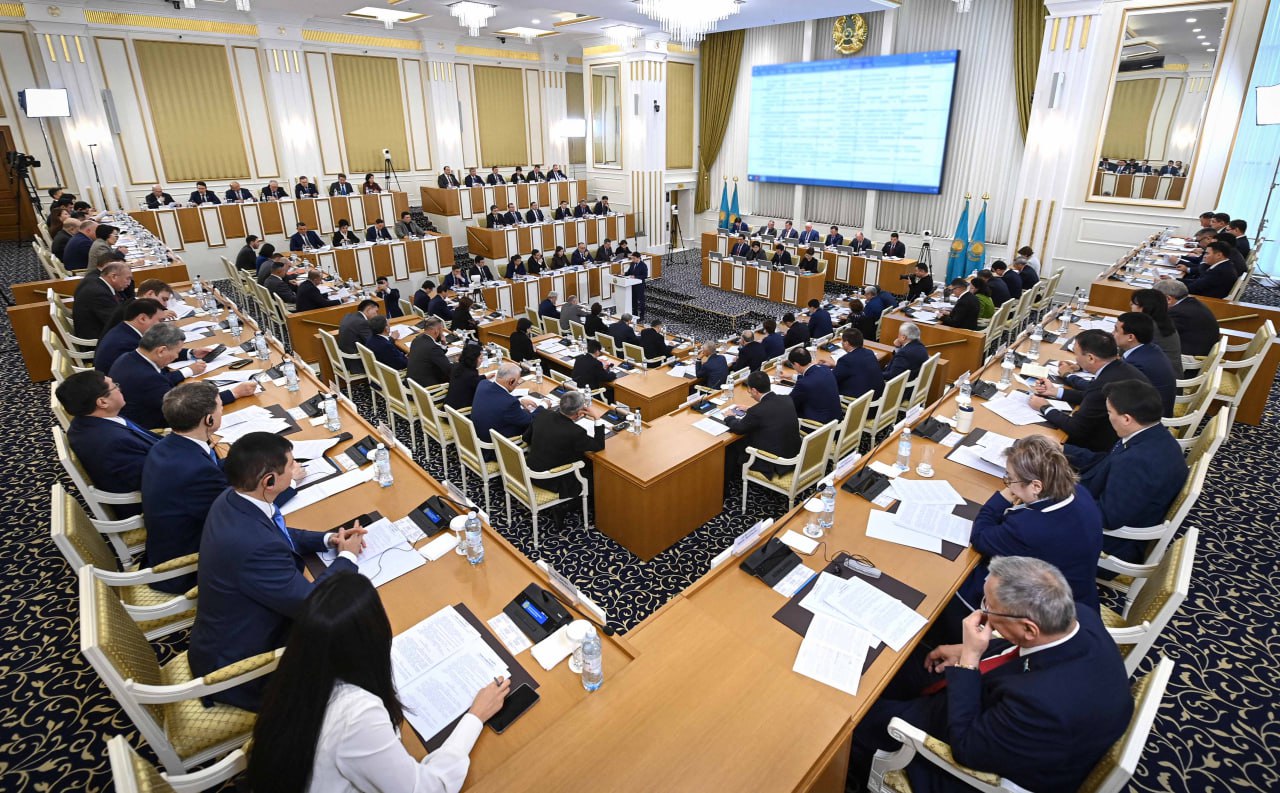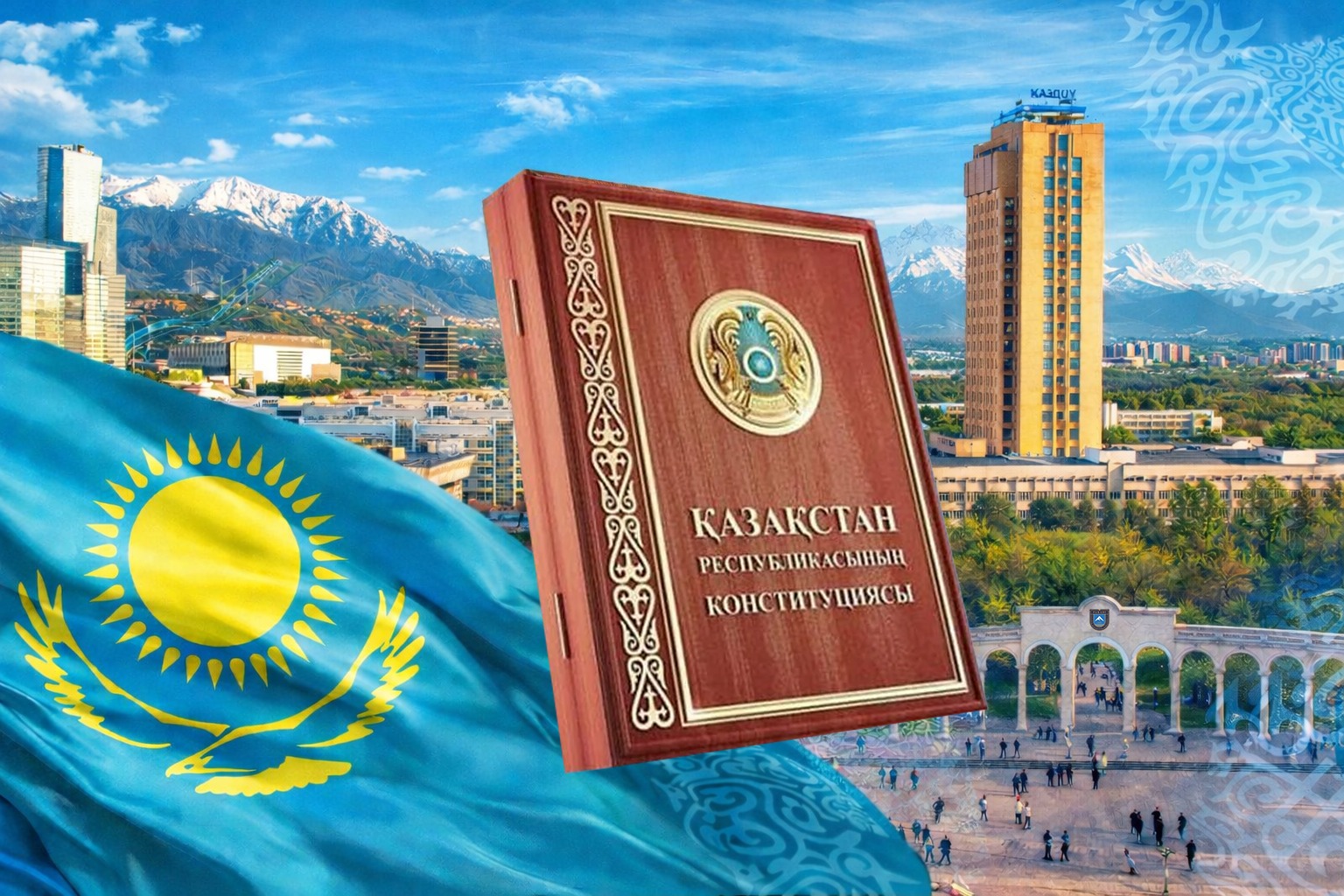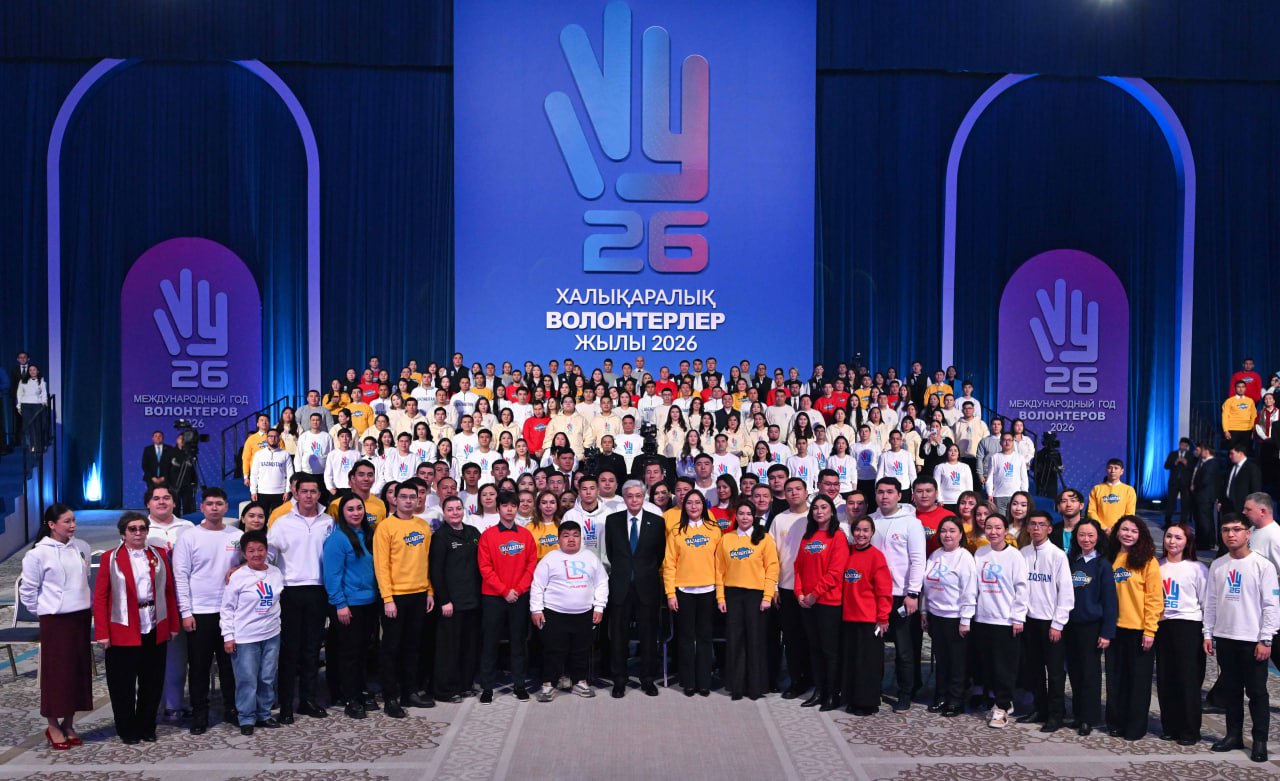"Abai's Poems and Poetics: Studies by K. Zhumaliev and A. Nurkatov"

On February 25, 2025, at the Faculty of Philology, at the Department of "Kazakh Literature and Literary Theory," the demo lecture was conducted for the third-year students of "Kazakh Philology" major under the supervision of Senior Lecturer A.K. Sargeltaeva and the Head of Pedagogical Practice, Senior Lecturer, Doctor of Philological Sciences G.Zh. Bolatova. The lecture was delivered by the first-year PhD student G. Utepbergenova, specializing in "8D02304-Literary Studies," within the framework of Sustainable Development Goals (SDG 4) as a part of "Abai and His Literary School" course. The lecture topic was "Abai's Poems and Poetics: Studies by K. Zhumaliev and A. Nurkatov."
The purpose of the lesson was to conduct a scholarly analysis of the poetic features of Abai's poems, examine the works of K. Zhumaliev and A. Nurkatov in studying Abai’s creative legacy, explore the artistic language and ideological content of Abai’s poetry, and develop students' skills in literary-theoretical analysis and critical thinking.
During the lecture, special attention was given to K. Zhumaliev’s research, which highlighted Abai's role as a founder of realism and new stylistic trends in Kazakh literature. Additionally, A. Nurkatov’s studies were discussed, which thoroughly analyzed Abai’s poetic structure, depth of thought, and the moral and social issues raised in his works.
The doctoral student comprehensively explained the structure of Abai's poems, their stylistic features, the perspectives of K. Zhumaliev and A. Nurkatov on Abai's poetry, and the influence of his work on Kazakh literature. To fully present the lecture topic and convey scientific information to students, visual materials and a slide presentation were used. Along with the lecturer's narration, texts, tables, diagrams, and illustrations displayed on the screen helped students gain a deeper understanding of the subject.
To fully grasp the material, students applied analytical and critical thinking skills. The process of literary analysis contributed to the development of their emotional intelligence. Since the lecture was conducted in a discussion and Q&A format, a favorable environment was created for students to freely express their thoughts and exchange opinions, enhancing their communication skills. In cases where some students found it difficult to express their opinions, the supportive attitude of the instructor and the open dialogue atmosphere helped boost their confidence.
As a result, the students acquired new knowledge about Abai’s works and gained a deeper understanding of the significance of his poetry in national literature.


